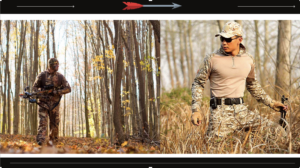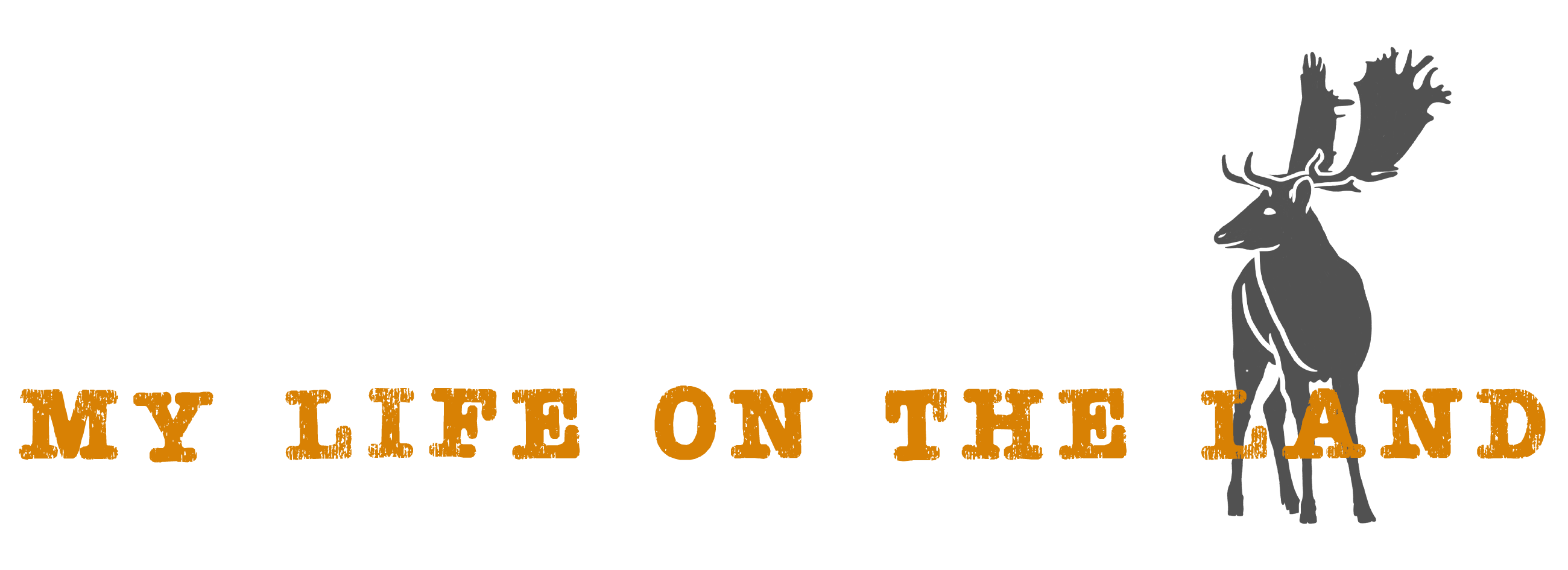Just about every hunter or firearms owner by now would have heard about the recent changes to firearms laws in New Zealand. It’s almost a carbon copy of what happened here in Australia following the Port Arthur mass shooting in 1996. The changes were pushed through in 12 days here and in just 6 days in New Zealand. The reaction? Jacinda Ardern was celebrated worldwide for taking such fast and decisive action.
Now, I’m not making any judgement here on the substance of the changes passed. That is an entire topic of its own. What I’m concerned about is the lack of democracy. These changes were pushed through in 6 days. Just 6. Where is due process? Where is public consultation?
Was the threat to the public in New Zealand so great that these laws needed to be passed without proper consideration? I can’t quite understand the justification that the criminal actions of one person (arrested shortly after the attacks) would plunge an entire nation into such immediate danger that it necessitated throwing such integral principles out the window.
Previous attempts at making similar changes had been rejected (1992, 1999, 2005 and 2012), which leads to the conclusion that they were not widely accepted nor were they deemed undeniably crucial to the safety of the New Zealand public.
A petition (signed by almost 16,000 New Zealand citizens) was specifically put forward to the House of Representatives asking that more time be given for reasonable consultation with the public before making the most recent changes.
The answer to these questions? ‘The possession, ownership and use of a firearm in New Zealand is a privilege and not a right…’ (taken from the Firearms changes FAQs of the New Zealand Police website). As a result of this view, the New Zealand government saw no issue in restricting this ‘privilege’ for every single lawful firearm owner in the country.
Let’s take that principle and apply it to some other ‘privileges’. But first, let’s take a quick look at the actual threat that firearms posed to the everyday New Zealander up to now:
- New Zealand is considered the 2nd most peaceful country in the world according to the Global Peace Index 2018.
- Between 2007-2016, only 1 in 10 homicides involved the use of a firearm. Stabbings accounted for more than double the number of homicides in the same period.
- Compared with Australia and Canada, New Zealand has had the most pronounced decline in firearm homicide since the 1990s. This is despite both Canada and Australia implementing widespread firearms licensing reform while New Zealand laws were comparatively less restrictive.
- In 2015, motor vehicle accidents caused 346 deaths, diabetes led to the loss of 839 lives, 525 people ended their own life, and 59 people died due to assault (including firearm homicide).
- Prior to the proposed changes, a person had to undergo a background and reference check (min 2 references), a safety course and a written test in order to obtain a firearm’s licence. The ability to be approved for a licence is severely limited for anyone with a history of violence, repeated involvement with drugs, or alcohol abuse. This limitation also includes any person who has indicated an intention to use a firearm for the purpose of self-defence.
- Prior to the proposed changes, to purchase a ‘military-style semi-automatic’ (MSSA) you were required to be over 18 years of age, have an ‘E’ category licence endorsement and you also had to possess a permit issued by the police valid for only 30 days.
So with all of that in mind, let’s see what it would look like to apply the principles of firearms licensing restrictions to other ‘privileges’ – please note the deliberate sarcasm in our ‘suggestions’ for restrictions on other aspects of life.
While we hope you come to your own conclusion on where firearm’s legislation should apply and where freedom should prevail, we hope these (somewhat tongue-in-cheek) propositions will help you to see the need to stand up for and defend our ability to lawfully possess firearms. Feel free to share these comparisons when you are discussing firearms law reform with people in your life.

Please note: the statistics used are specific to NZ, but the principles can be applied anywhere.
1. One steak knife per family member
Between 2007-2016, a quarter (25%) of all homicides involved the use of a stabbing/cutting weapon i.e. a knife. As a comparison, only 1 in 10 (10%) involved a firearm. This doesn’t even take into account the thousands of cases of aggravated assault where a knife was used in the same time period.
So, in considering the relative danger posed to the public by knives, should the government turn around and start restricting every household to one sharp knife per family member? Or, maybe, impose a restriction where one of each type of kitchen knife is permitted plus a steak knife for every person in the house over the age of 15?
If more weapons are required (maybe you’re planning a BBQ), the homeowner can apply for a permit outlining why they need to increase their civilian arsenal.
Maybe this isn’t doing enough to stop violent crime. Maybe we need to follow the example of politicians and judges in the UK and suggest a ban on all pointed knives.
2. Takeaway limited to twice a month
Diabetes caused 14 times more deaths than assault in 2015 with a total of 839 people dying. Nowadays, we can tell a lot about how likely a person is to develop lifestyle diseases (e.g. heart disease, obesity, diabetes) from their family medical history, diet, profession, exercise habits etc. So, what if, considering the cost to the taxpayer of providing care to these people and also in order to stem the premature loss of life, the government instituted a permit system for takeout and other unhealthy foods?
Depending on your risk factors, under this system you would be permitted to purchase those foods only under specific circumstances (a birthday for example). If you normally eat a healthy diet, exercise regularly and have no significant family history of lifestyle diseases and, as such, have proved your ability to make responsible choices, your permit would give you a bit more freedom to choose for yourself when to pull into the Macca’s drive-through on the way home from work.
Under this system, the health department would also have the right to request to inspect your home at any time to double check that you weren’t stockpiling carbs and sugar.
3. Forget your V8, nothing over 60km/h
We can all see that there are legitimate reasons to own and drive a car. There aren’t many people who would agree that a total ban on cars made sense. But, considering that 315 people lost their lives on the road in 2015, should the government not be calling for widespread change? Just as nobody NEEDS a semi-automatic, nobody NEEDS to travel over 60km/h.
How fair would people consider it for the government to impose a law that made it illegal to purchase a new car unless it was fitted with a limiter preventing it from going over 60km/h? Under the same law, any car manufactured previously would be required to have a limiter fitted retrospectively. But don’t worry, the government would give you a 12 month grace period to surrender your vehicle for inspection and instillation of this device.
Not my lifestyle, not my problem
The reason that most people aren’t concerned by, and even celebrate, further restrictions on firearms owners, is that it doesn’t affect their life. They are not the ones being thrown into the same bucket as criminals.
Today, we have so many things in our lives that are in excess to our NEEDS. As a society, we don’t need food in the quantity or variety that we purchase it in, we don’t need to travel outside of what is required for work/family, we don’t need to drive fast or have nice clothes or eat out. An argument could be made, that by taking our freedom away in many of these areas and having the government regulate how we live, we could be improving the lives and safety of ourselves, our communities and the world more generally.
But what is better? To have a small group of people make these decisions for you or to make the right decision for yourself as an individual empowered by freedom? For me, it is always going to be the second option. Every time.
Unfortunately, you are always going to have people that do the wrong thing. They either don’t know any better or they willingly choose to do so. The latter should be dealt with by way of harsher penalties when they break the law and cross the threshold into criminal behaviour. But with those who aren’t fully aware of the laws and ethics around certain activities, the best way to fix the behaviour is not through government imposed restriction on everyone but through education. Teach them what is expected of them. Teach them the benefits of doing the right thing. Teach them why it matters.
That is why we have created I Am Hunter. We don’t deny that there is something missing in our communities when it comes to educating people on the responsibility and ethics around firearms. Our solution is not to remove people’s freedom but to empower them with knowledge.
We’d love to hear your thoughts in the comments below or on the forum!
Sources
- Kelly Buchanan, ‘Firearms-Control Legislation and Policy: New Zealand‘, https://www.loc.gov/law/help/firearms-control/newzealand.php
- Petition of Hayden Livingstone: Kiwis request reasonable time for consultation regarding Firearms Law reform, https://www.parliament.nz/en/pb/petitions/document/PET_86334/petition-of-hayden-livingstone-kiwis-request-reasonable
- NZ Police, Firearms Changes FAQs, https://www.police.govt.nz/advice/firearms-and-safety/changes-firearms-law-prohibited-firearms/firearms-changes-faqs
- Global Peace Index 2018, http://visionofhumanity.org/app/uploads/2018/06/Global-Peace-Index-2018-2.pdf
- NZ Police, Homicide Victims Report 2017, https://www.police.govt.nz/sites/default/files/publications/homicide-victims-report-2017.pdf
- Samara McPhedran, Jeanine Baker, and Pooja Singh, ‘Firearm Homicide in Australia, Canada and New Zealand: What can we learn from long-term international comparisons?’, https://www.hoplofobia.info/wp-content/uploads/2015/08/McPhedran-Baker-Singh-Long-term-firearm-homicide-trends.pdf
- NZ Health, Mortality Historical Summary 1948-2015, https://www.health.govt.nz/publication/mortality-historical-summary-1948-2015
- ‘Knives are too sharp and filing them down is solution to soaring violent crime, judge says’, https://www.telegraph.co.uk/news/2018/05/27/knives-sharp-filing-solution-soaring-violent-crime-judge-says/
Help us keep hunting alive
I Am Hunter has a passion to keep hunting alive. We use education and advocacy to demonstrate the positive benefits of ethical, fair-chase hunting to all society, not just hunters.
We can provide this content free to the public thanks to the generous support of our awesome members.
For less than 50c a day, members help support the fight to keep hunting alive by spreading a positive message about hunting to the wider community. In return, members get access to exclusive member rewards.
See also

Activists fail to save a rhinoceros and 10 giraffes
What happens when the world’s most vocal anti-hunting celebrities and animal activists are invited to save a rare rhinoceros and 10 Angolan giraffes from being hunted? Nothing. That’s right – they did not lift a finger and failed to save the wildlife.

Why Are Lightweight Clothes Highly Preferable For Hunting?
Share on facebook Facebook Share on twitter Twitter Share on linkedin LinkedIn Share on whatsapp WhatsApp Share on email Email

